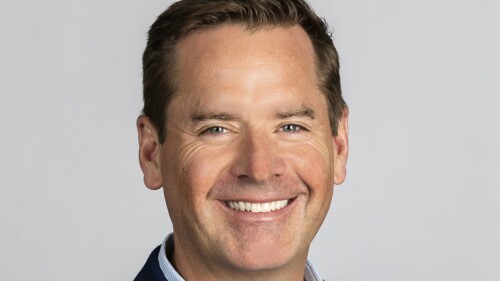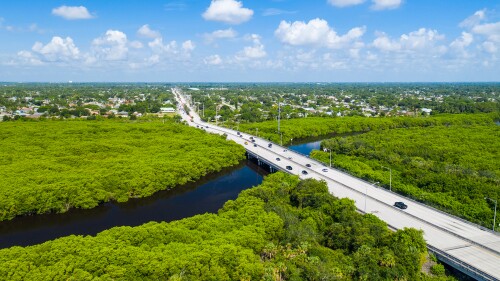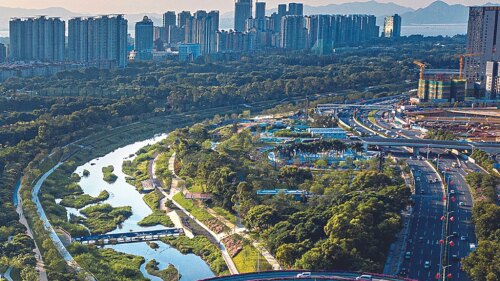In order to remain competitive on the global stage, Frankfurt, Germany, must find a way to attract talent and investment to the region. While its business activity is strong, a lack of human capital and diversity has caused it to fall in some widely used global rankings. A ULI Advisory Services panel is recommending a partnership with adjacent city Offenbach as the key to achieving this.
Frankfurt and Offenbach make up the center of the Rhine-Main region along the River Main in southwestern Germany. On the surface, the two seem an unlikely pair. Frankfurt’s global reputation, strong transport links, and burgeoning financial center provide a stark contrast to its quirky, isolated, and less affluent neighbor. But according to the panel, the future of both cities depends on their ability and willingness to work together.
The panel, which convened in May, was tasked with finding ways in which Frankfurt and Offenbach could better collaborate, use common interfaces, and develop common potential for residential areas and commercial production. The group found that the two cities’ differences created a perfect environment for collaboration. “We were a bit skeptical on the first day that we would be able to respond to the challenge,” said ULI trustee Bill Kistler, chair of the panel. “But these cities have such complementarities, such synergies . . . there are so many ways to collaborate and partner.”
Among these complementary features are the creative district in Offenbach and the finance cluster powerhouse in Frankfurt. According to the panel, the dynamic between the two offers fertile ground for creating an entrepreneurial and innovation ecosystem. The panel proposed creating a center of innovation between the cities, starting with Kaiserlai, a commercial district in Offenbach bordering Frankfurt.
To achieve this, the panel suggested locating a satellite of the Frankfurt University of Applied Sciences in Offenbach, forming a network of partners to form a global business incubator, and building a seed venture capital cluster in the area. Other recommendations included converting empty factories into creative, mixed-use spaces; maximizing residential housing; constructing high-rise buildings that offer views of Frankfurt and the River Main; and renaming the Kaiserlai district “Mainhöhe” (a name that alludes to the waterfront location and the height of proposed buildings) to attract investors, professionals, and residents.
To further improve quality of life in the Kaiserlai region, the panel recommended extending the greenbelt around the Frankfurt/Offenbach region by creating an urban park (“Seven-Herb-Park”) for community gardening and local recreation using farmland in the neighboring Oberrad area. The panel also suggested increasing access to Offenbach by creating better pedestrian and bicycle linkages between Frankfurt and Offenbach, including extending an existing tram line to reach the center of Offenbach.
Along with long-term recommendations, the panel offered some short-term solutions for creating instant connections between Frankfurt and Offenbach. Among the panel’s suggestions were using existing regional rail tracks to connect Offenbach with the Frankfurt airport, creating a tourist map that includes both cities, and offering one-year training visas for international students to study in Offenbach.
The panel’s recommendations were well received by the city leaders, planners, and residents who attended the presentation, including Lord Mayor Horst Schneider of Offenbach and Deputy Mayor Olaf Cunitz of Frankfurt.
“We’re the fifth-largest city in Germany, but still we are a very small city on a global perspective,” said Cunitz. “We knew we couldn’t handle all of these challenges for the future by ourselves. We need partners, and that does not mean we need larger partners. We need partners in the region, and the main partner could be Offenbach for all of those challenges of the future—to solve problems together, to develop spaces together, to think about the new economy. This is a gain for Frankfurt and it sets an example for regional cooperation. This will set an example for other cities to look at Frankfurt and Offenbach and see that this works, and it is a benefit for both of them.”







